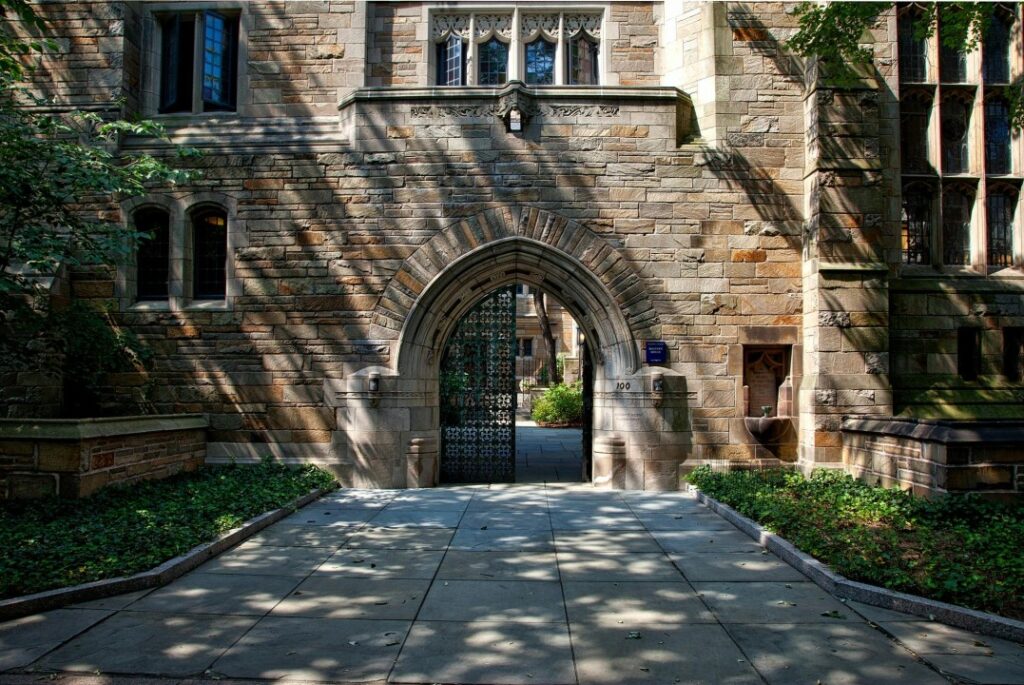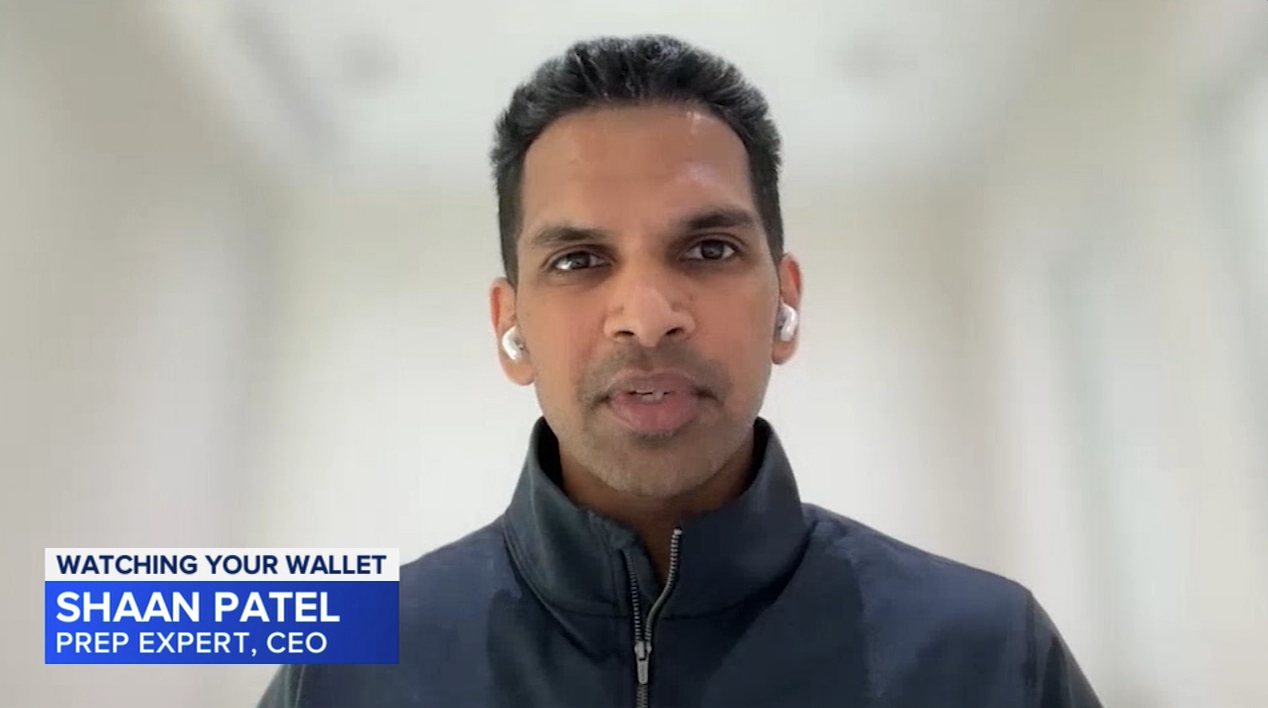Meritocracy: Why Top Colleges Have Reinstated SAT & ACT Requirements

In addition, no two AP classes are alike. For example, AP Biology is typically a difficult course at most high schools. However, when I was in high school, I had an AP Biology teacher that handed out A’s like candy. It was one of the easiest classes to get an A in. Is this fair to students who had an AP Biology course that is actually rigorous?
Top colleges such as MIT, Yale, Brown, Dartmouth, Georgetown, and the University of Texas at Austin have recently reinstated standardized testing requirements for college admissions. This is the correct decision if America wants to make college admissions a meritocracy again.
Most colleges implemented “test-optional” admissions policies during the COVID-19 pandemic, which prevented students from gathering in testing centers to take standardized tests together. Thankfully, those days are long gone. Here’s why many top colleges have finally reinstated standardized testing requirements again.
The long-held narrative that standardized tests disadvantage low-income students turns out to be false. In fact, Yale University stated that its test-optional college admissions policy “worked to the disadvantage of applicants from lower socioeconomic backgrounds. This finding will strike many as counterintuitive.”
Actually, this makes perfect sense. If college admissions officers cannot consider test scores, what will they favor more to differentiate applicants? Let’s consider the other parts of a college application.
Grade Point Average
Many critics of standardized testing will argue that grade point average (GPA) is a better indicator of a student’s academic abilities. However, there has been so much grade inflation in high schools recently that 47% of all high school students graduate with an A average. In addition, grade inflation tends to be highest at schools where students are wealthier and white.
Now imagine that you are a college admissions officer at the University of Texas at Austin that recently received a record-breaking 73,000 undergraduate applications. If over 34,000 of those applications have an A average, how can you fairly decide which students to admit to your university?
Rigorous Classes
Others will argue that colleges should also consider how rigorous the classes were that a student took in high school, such as the number of AP courses. Once again, there are far more AP courses offered at more affluent schools. Typically, there are far fewer AP courses offered in inner-city, urban, or rural school districts. In addition, one study found that 47% of rural school districts have no students enrolled in AP courses.
Extracurricular Activities
If standardized test scores cannot be used in the college admissions process, and half of students have a 4.0 GPA, then what do you think most college admissions officers will consider next? Extracurricular activities. But once again, who do you think can afford the best extracurricular activities such as starting nonprofit organizations, volunteering overseas, and competing in sports such as water polo and lacrosse? Only the wealthiest families who have the luxury of time and money.
In fact, Yale University stated that “For students attending well-resourced high schools,” students have activity lists that “are full of enrichment opportunities.” But “students attending [less-resourced] schools may leave admissions officers with scant evidence of their readiness for Yale.” Yale’s solution to this problem? Reinstate standardized testing requirements. This makes sense. What is more affordable for a student in an under-resourced area: going to a third-world country and starting a non-profit organization or going to the library and studying for the SAT from a book?
College Admissions Essays
Finally, some will argue that college admissions personal statements should be weighted heavily in college admissions. But once again, the wealthiest families can hire expensive college admissions consultants (some who charge $750,000+ or more) to write the absolute best personal statement for them. In addition, ChatGPT can write the essay for almost any student now. So it has become increasingly difficult for admissions officers to read college essays that are not highly artificial in nature.
The rise of artificial intelligence applications makes the necessity of standardized testing more important than ever. If a student is completing nearly all of his homework and tests in high school using A.I. to get high grades, how can college admissions officers discern the true academic ability of a student? The only way would be to test a student’s academic ability in a standardized environment (i.e. standardized tests).
I believe the reinstatement of standardized testing requirements will continue at universities that believe in meritocracy. Of course, there are university systems that will not reinstate standardized tests, such as the University of California, which has a “test-blind” admissions policy. However, even the University of California’s website states that “test scores could still be considered for other purposes, such as course placement, certain scholarships, and eligibility for the statewide admissions guarantee.”
In addition, many research studies have shown that students who submit test scores are accepted at higher rates than students who do not submit test scores, even at “test-optional” universities. Often times, the acceptance rate is 2-3x higher for students who submit a test score, despite universities claiming they are “test-optional.”
I encourage every parent to ask admissions officers at your child’s dream university what the acceptance rate is for students who submit a standardized test score versus students who do not submit a test score. I am willing to bet they will not share that information with you, but rather state that test scores are considered as part of a larger “holistic review” of your child’s application.
Your student should take the SAT or ACT in order to improve their chances of admission at top universities and to obtain merit-based college scholarships. Your student will need to study for the SAT or ACT. It will be difficult. Most students would prefer not to study, but instead watch YouTube videos, scroll TikTok, or otherwise waste time. But for the small minority of students who choose to the hard thing and study for standardized tests, they should be rewarded for their effort. This is how American meritocracy works.
Dr. Shaan Patel, MD, MBA is the Founder & CEO of Prep Expert (winner of a Shark Tank deal with Mark Cuban), a #1 bestselling author, and a board-certified dermatologist.
Written by Dr. Shaan Patel MD MBA
Prep Expert Founder & CEO
Shark Tank Winner, Perfect SAT Scorer, Dermatologist, & #1 Bestselling AuthorMore from Dr. Shaan Patel MD MBA

Ivy League Applications: What Sets A Student Apart
Every year, tens of thousands of students apply to Ivy League schools. Only a small fraction receive an offer of…

The Student Loan Rules Just Changed—And Most Families Aren’t Ready
By Dr. Shaan Patel, CEO & Founder of Prep Expert® Student loans have always been complicated. But starting in…

Confidence Is the Hidden Score Booster No One Talks About
Most students think SAT® and ACT® success comes down to knowing more math formulas or grammar rules. That’s only half…